Martin Luther King, Jr. Fellows Provide 55 Years of Leadership
February 24, 2023
Share
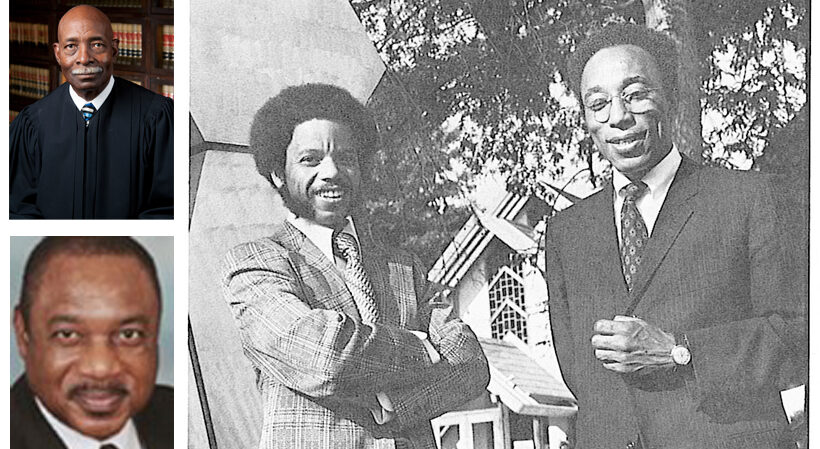
Established in 1968, the Martin Luther King Jr. Fellowships offered Black veterans who served in the U.S. Armed Forces during the Vietnam Era the opportunity to pursue graduate or professional degrees. The 245 MLK Fellows went on to flourish in a range of fields, from law to medicine, social work to public administration.
For retired Indiana Supreme Court Justice Robert D. Rucker, recipient of the MLK Fellowship in 1974, “The financial support that the Fellowship provided was tremendously important.”
After completing his U.S. Army service, Justice Rucker completed his B.A. at Indiana University and used his Fellowship to attend Valparaiso University School of Law. “Without the Fellowship,” he says, “I’m not sure at all how I would have financed my law school education.”
Dr. James E. Savage’s undergraduate career was split by a stint in the U.S. Air Force. While completing his undergraduate degree at Norfolk State University, Dr. Savage, recipient of the MLK Fellowship in 1968, was introduced to psychology and encouraged by his mentor to study the field. As one of the first MLK Fellows, he went on to receive his M.A. and Ph.D. from Northwestern University.
“[The Fellowship] gave me the opportunity to pursue psychology,” says Dr. Savage. “I’ve been able to complete many of the things that I had planned to do in terms of using my education to help within the Black community.”
In 1979 he founded the Institute for Life Enrichment, which now comprises three clinics in the greater Washington, DC, area. “My clinics have helped thousands of Afro-Americans as well as others,” says Dr. Savage.
The MLK Fellowship: 55 Years of Leadership
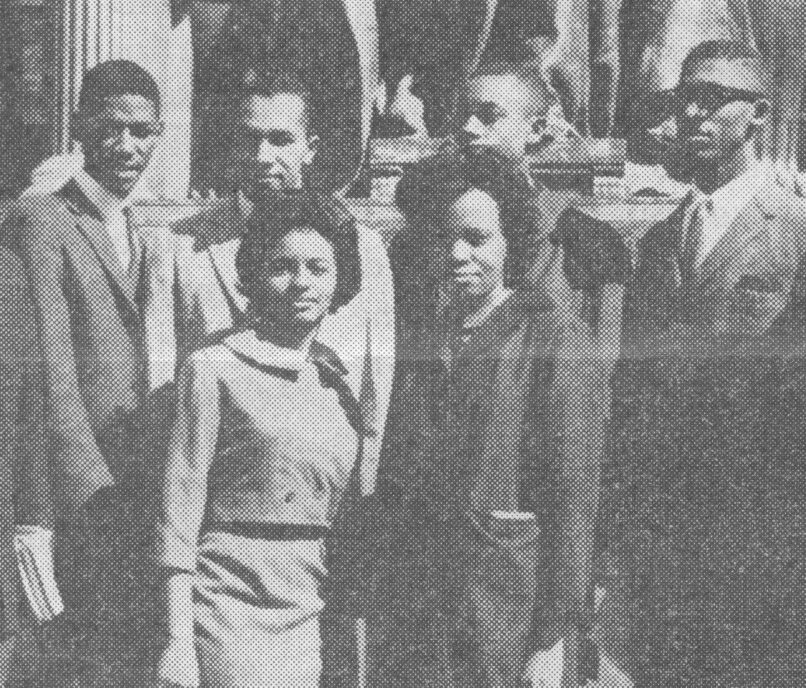
1968
The Martin Luther King, Jr., Fellowship was founded by the Institute for Citizens & Scholars, then the Woodrow Wilson National Fellowship Foundation.
6
For 6 years the MLK Fellowships offered two years of support for Black veterans pursuing graduate and professional degrees in preparation for careers in the service of society.
250
250 Fellows received funding and counseling services through the Fellowship support. Fellows are leaders in business, law, the academy, and many other fields.
55
After completing their graduate degrees, Fellows went on to be leaders in business, law, the academy, and many other fields, providing 55 years of service to those they work with.
Throughout his career, Justice Rucker has been dedicated to increasing diversity in the legal profession. In 1991 he was appointed to the Indiana Court of Appeals, becoming the first African-American appellate judge in the state. Eight years later, he was appointed to his current seat on the Indiana Supreme Court.
“Over the years we have really witnessed a dramatic increase in the number of women and people of color entering the legal profession,” says Justice Rucker. “But to paraphrase the words of Robert Frost, we have miles to go before we sleep.”
Justice Rucker cites the out-of-reach cost of a legal education for many and the need for majority law firms to increase their recruitment and retention efforts of minorities. Justice Rucker has supported women and lawyers of color by appointing them to various Supreme Court boards and commissions, consistently hiring them as law clerks, and being a mentor.
“It has been a very rewarding experience for me, watching and mentoring and guiding young lawyers as they are beginning their legal careers,” says Justice Rucker.
Dr. Savage also sees mentoring as crucial in diversifying his field. As a professor at Howard and George Mason Universities and in his role as the 2004 President of the Association of Black Psychologists, Dr. Savage has influenced many students and professionals.
“Many of our young people had no role models for the profession they chose to embark upon,” says Dr. Savage. “So being one of the early role models, and an up-close-and-personal type of role model, I did give them at least a glimpse of what they could bring to the field and what the field could bring to them.”
Lessons from MLK: College as a Model of Democracy
Along with changes to their fields, both Fellows have also seen a change in the treatment of veterans since their time of service. Justice Rucker remembers a time when “many Americans confused opposition to the war with opposition to the warrior. So veterans felt the brunt of much anger and hostility.”
Today, although attitudes have changed and many supports are available to veterans, Dr. Savage thinks more must be done, especially in the field of mental health. “We have the challenge to provide the services necessary to bring about some resilience in that veteran population.”
While the MLK Fellowship program ended in 1974, the Fellows’ leadership today is as crucial as ever.
“I think that in my day-to-day routines, I’m still dealing with some of the issues, such as systemic racism, that are facing the Afro-American community,” says Dr. Savage. “I think psychology has a very important role and I plan to continue to work and provide the kind of guidance and service to see our way out of this quagmire of despair that we’ve been in for a long time.”
55 Years of Leadership
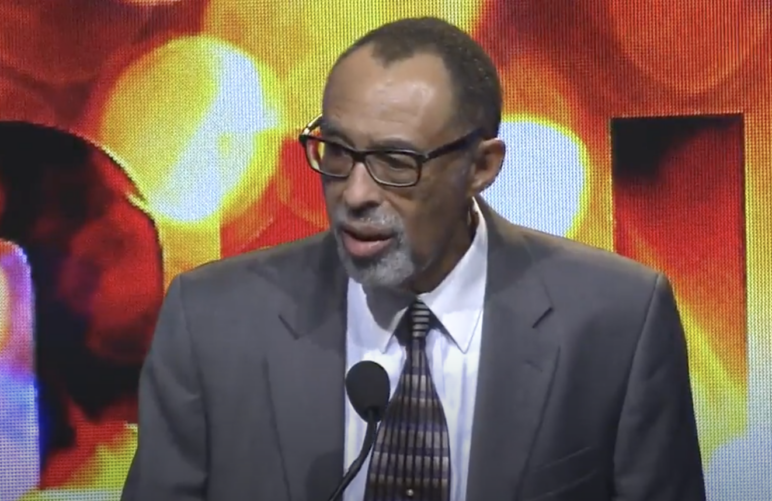
Fellowship a "Cornerstone" of Career Engaging Others
Crawford Carpenter was awarded an MLK Fellowship from Citizens & Scholars in 1969. He attended the University of Wisconsin to pursue a master’s degree in business administration.
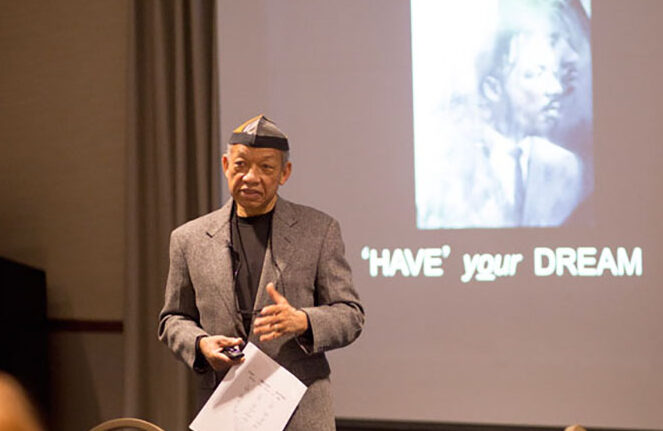
The Architecture of Citizenship
After a stint in the Army during the Vietnam War, Dr. James Chaffers attended the University of Michigan on an MLK Fellowship from Citizens & Scholars in 1969. He became the first Professional Doctorate of Architecture degree in the nation.

Past Programs
The MLK Fellowship recalled the Foundation’s early days of support for soldiers returning from World War II by providing Fellowships to Black Vietnam Veterans. Explore the history and other past programs.
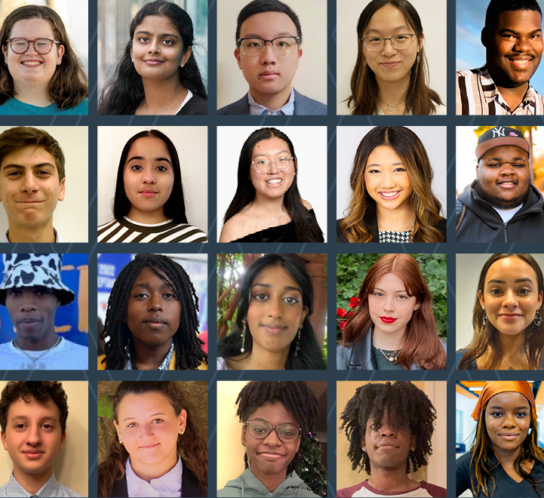
Today: Preparing the Next Generation for Civic Leadership
The Winter 2023 Civics Spring Fellows are young people tackling local community need by designing and executing projects across the country.
Meet the FellowsStay Engaged
Get More News
Join our mailing list to get more news like this to your mailbox.
Support Our Work
Help us invest in the talent, ideas, and networks that will develop young people as effective, lifelong citizens.
Ways to Support Us